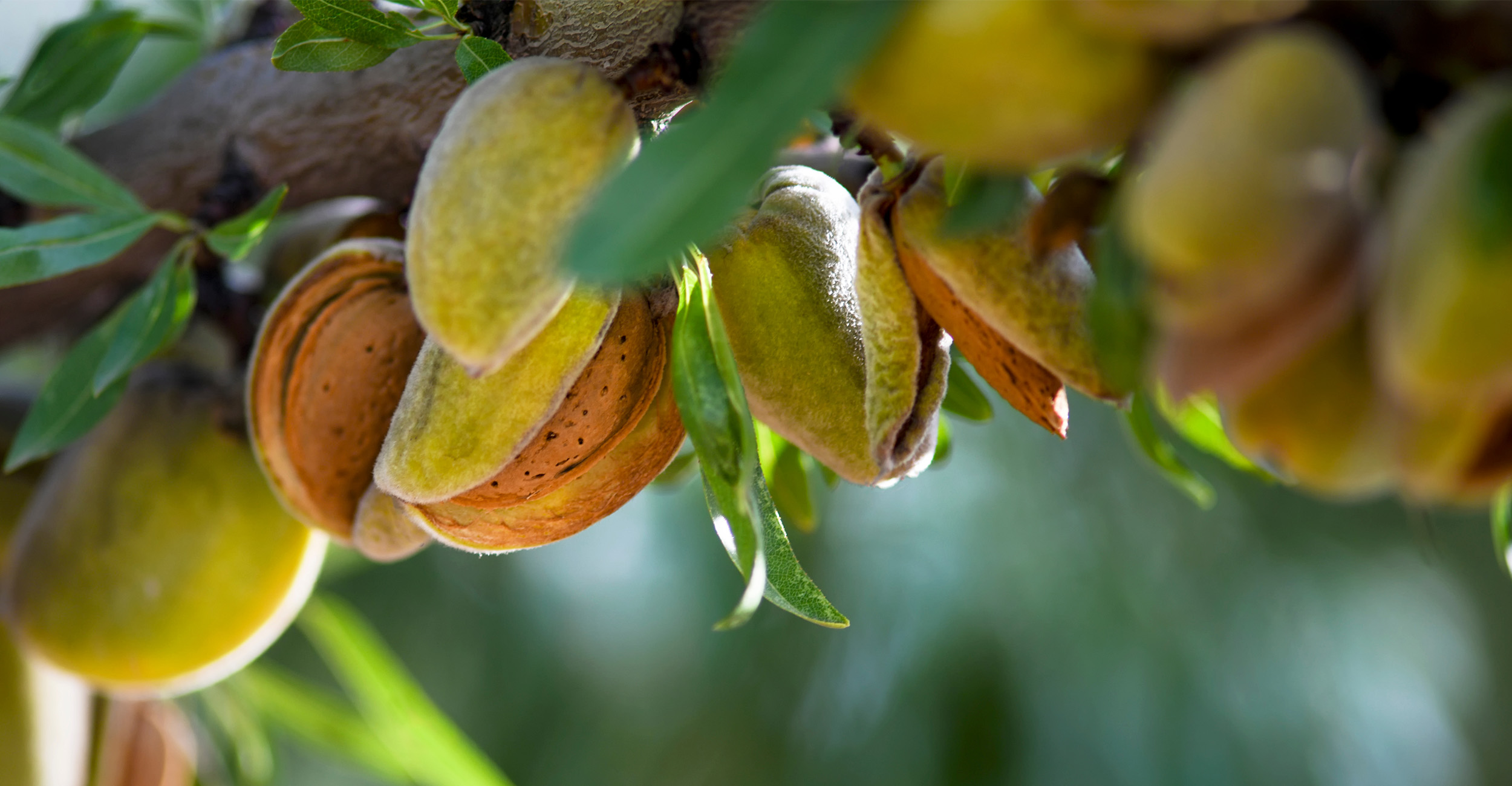
IEM professor looking to make digital twin model to improve almond production
Monday, March 10, 2025
Media Contact: Desa James | Communications Coordinator | 405-744-2669 | desa.james@okstate.edu
Professor Lizhi Wang of the School of Industrial Engineering and Management at Oklahoma State University has been awarded a grant from the U.S. - Israel Binational Agricultural Research and Development Fund (BARD).
In collaboration with a team of researchers from the Ben-Gurion University of the Negev and the Agriculture Research Organization in Israel, Wang will work on developing a digital twin model for almond trees for this grant.
A digital twin model is a mathematical representation of a physical system. This emerging technology for improving the efficiency of complex systems has not yet been applied to almond trees. In this case, it would simulate the major physiological processes of an almond tree throughout its life cycle. With this, Wang aims to improve almond yield under the uncertainty of future environmental conditions.

“Almonds are a major economic crop for the US, especially California, which produces 82% of the world’s almonds,” Wang said.
The digital twin could become a useful tool for understanding how almond trees respond to environmental stress and management practices.
With the research being in its early stages, Wang is prepared for some anticipated challenges.
“First, communication between collaborators from different backgrounds,” Wang said. “The creation and validation of the digital twin model requires advanced knowledge in both data science and physiology of woody plants; therefore, team members must step out of their comfort zone to learn from each other and work closely with each other.
“Second, perseverance in model training and refining. No model is perfect; the digital twin model that we will create will inevitably contain flaws and errors. It's important to not lose sight of the tremendous potential benefits despite short-term challenges.”
Wang and his team have started reviewing historical data from an almond orchard and look forward to having preliminary results after several months. Wang’s collaborators have kept good data sets for the past several years, which will be helpful for their modeling tasks.
“The support from BARD has made it possible for [him] to work with collaborators who have complementary expertise," Wang said.
With this technology, farmers may improve yield and profitability in the future by better predicting the effects of environmental conditions on their productivity.
You can learn more about Dr. Lizhi Wang’s research here.
